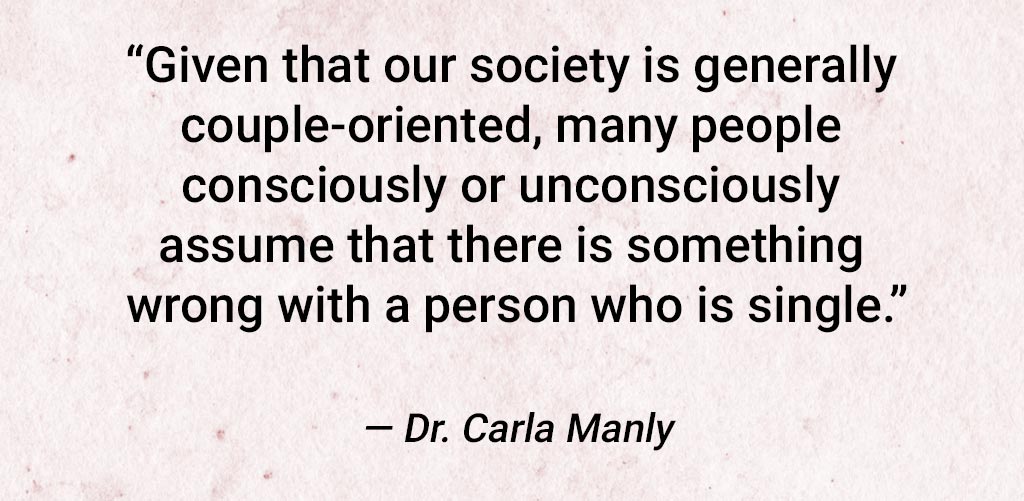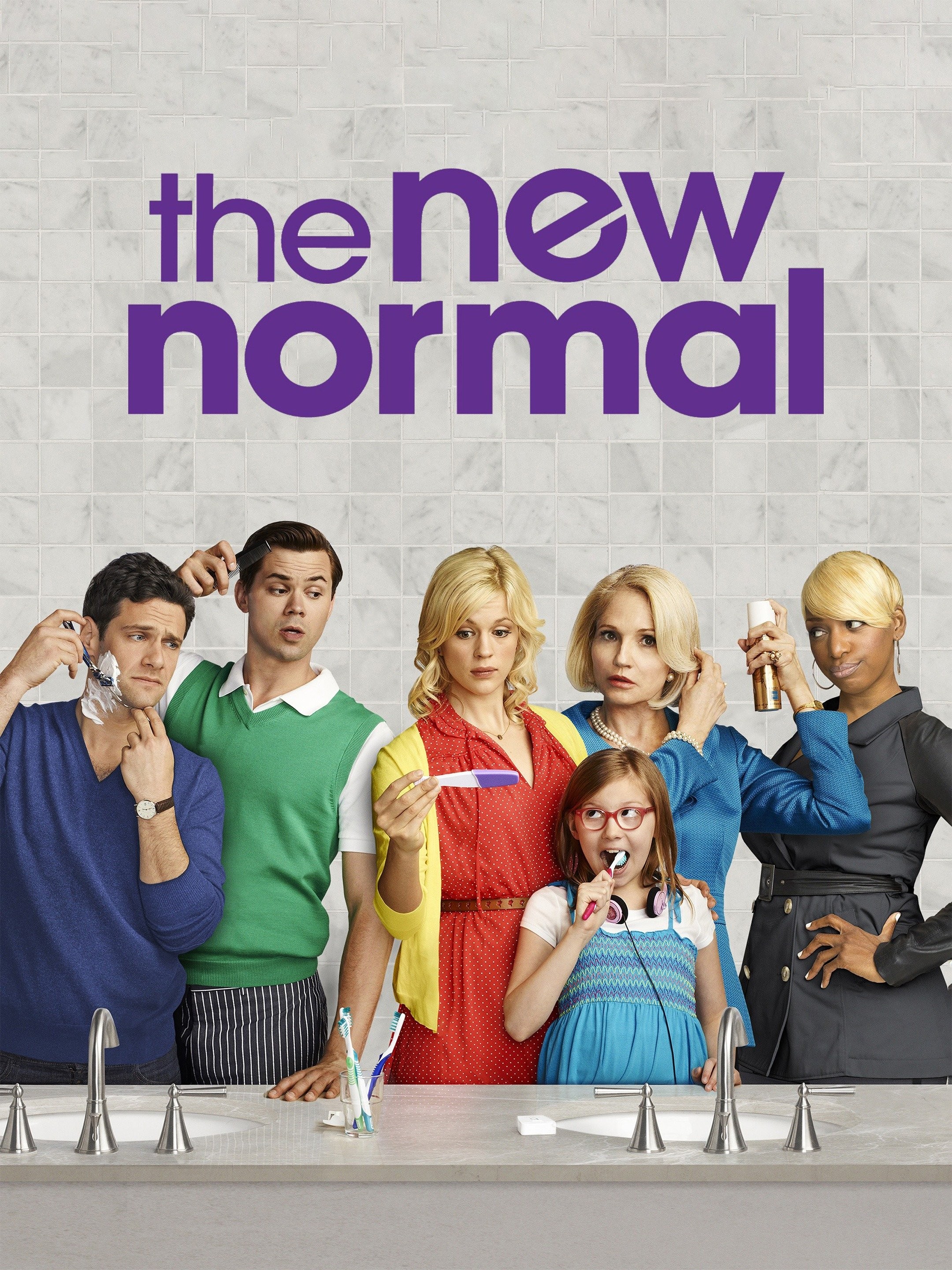
Introduction
Definition of Singleness
Singleness is generally defined as the state of not being in a romantic relationship. However, it encompasses various experiences and nuances:
- Voluntary Singleness: Choosing to remain single for personal reasons.
- Involuntary Singleness: Desiring a relationship but not being in one.
Historical Perspectives on Being Single
The perception of being single has evolved significantly throughout history. In earlier societies, marital status often dictated social standing and economic stability. For example, single individuals were sometimes viewed with suspicion or pity. Today, however, many celebrate singlehood as a period of personal growth and exploration, emphasizing independence over dependency.
This shift reflects broader cultural changes, showcasing that the choice to be single is increasingly respected.

Trends in Singleness
Statistics on Single Population Growth
The rise in the single population is a significant trend seen in many parts of the world. Recent statistics reveal:
- In the U.S.: Nearly 50% of adults are single.
- Globally: Singlehood rates have increased by over 20% in the past three decades.
This growth indicates a societal shift towards valuing individual life paths.
Factors Contributing to the Rise in Singleness
Several factors drive this increase in singlehood:
- Changing Social Norms: The stigma associated with being single has lessened.
- Career Prioritization: More individuals focus on professional growth before settling down.
- Technological Advancements: Apps and social media have changed how people connect, often leading to casual relationships instead of serious commitments.
These considerations reflect a broader acceptance of diverse lifestyles, empowering individuals to choose when or if they want to enter relationships.

Impact of Singleness on Society
Social Stigma Surrounding Being Single
Despite the growing acceptance of singlehood, social stigma still lingers. Many single individuals face:
- Judgmental Remarks: Phrases like “Why are you still single?” are common.
- Perceived Loneliness: There’s a misconception that being single equates to being lonely.
However, many find fulfillment in friendships and personal pursuits, redefining what it means to lead a happy life.
Economic Implications of Increasing Singleness
The rise in single individuals also has noteworthy economic implications:
- Housing Market Changes: Increased demand for smaller living spaces, such as studios and one-bedroom apartments.
- Consumer Spending Patterns: Singles tend to spend more on experiences rather than material goods, influencing various industries.
This evolving demographic shapes markets and brings new opportunities for businesses to cater to a growing niche.

Benefits and Challenges of Being Single
Advantages of Singlehood
Being single can bring about numerous perks that are often overlooked:
- Personal Freedom: The ability to travel or make spontaneous plans without coordinating with a partner.
- Self-Discovery: Time to explore personal interests and hobbies, leading to enhanced self-awareness.
Many individuals cherish this period as an opportunity to grow and evolve.
Challenges Faced by Single Individuals
Conversely, single life isn’t without its hurdles:
- Isolation: Some singles feel disconnected, especially in a world that often celebrates couples.
- Societal Pressures: Facing questions about relationship status can be frustrating.
Navigating these challenges requires self-empowerment and building supportive networks, emphasizing resilience in single living.

Changing Attitudes Towards Singleness
Cultural Shifts in Perception
As society evolves, so does the perception of being single. No longer viewed solely as a status to be pitied, singlehood is increasingly embraced. Factors contributing to this shift include:
- Empowerment Movements: Heightened focus on personal empowerment and self-sufficiency.
- Diverse Narratives: Celebrating stories of individuals thriving outside traditional relationships.
These cultural changes encourage people to view singlehood as a valid, fulfilling lifestyle.
Influence of Media and Entertainment
Media and entertainment play a significant role in shaping attitudes towards singleness. Today:
- Positive Representation: Films and shows feature strong, independent single characters, challenging stereotypes.
- Social Media Trends: Platforms promote single lifestyles through influencers who celebrate independence and self-love.
These creative expressions not only inspire but also normalize the experience of being single, fostering a broader acceptance in society.

Single by Choice or Circumstance
Reasons for Choosing to Be Single
Many individuals embrace singlehood voluntarily, with various reasons behind their choice:
- Prioritizing Individual Goals: Focusing on education or career ambitions.
- Personal Growth: Seeking time for self-reflection and exploration without relationship commitments.
This intentional choice can lead to a more fulfilling and enriched life, as people cultivate their identities beyond partnerships.
Single vs. Alone: Understanding the Difference
It’s crucial to differentiate between being single and feeling alone. While single individuals can:
- Enjoy Independence: Relish in their freedom and the ability to make decisions solely for themselves.
- Foster Connections: Build meaningful relationships with friends and family.
Recognizing this distinction can help combat the negative perceptions surrounding single life, highlighting that fulfilling existence doesn’t always require a romantic partner.

Support and Community for Single Individuals
Organizations and Groups for Singles
Finding community support is vital for single individuals seeking connection and belonging. Several organizations cater specifically to singles, offering:
- Meetup Groups: Local gatherings for a variety of interests, from hiking to book clubs.
- Social Clubs: Organizations focused on networking and socializing, such as singles’ mixers or travel clubs.
Engaging with these groups can foster friendships and reduce feelings of isolation.
Importance of Social Connections for Singles
Social connections provide essential emotional support for singles. Building relationships with friends and family helps individuals:
- Combat Loneliness: Regular interaction can uplift spirits and create a sense of belonging.
- Share Experiences: Being surrounded by supportive friends allows for shared adventures and stories.
Ultimately, these connections enhance the single experience, demonstrating that a rich social life is possible even without a romantic partner.

Future Outlook: Is Being Single the New Norm?
Projections for the Future of Singleness
As societal norms continue to shift, projections suggest that the trend of remaining single will persist. Factors influencing this change include:
- Changing Lifestyles: More individuals value personal freedom and experiences over traditional commitments.
- Delayed Marriages: Many choose to focus on education and career before settling down.
This growing acceptance indicates that singlehood may eventually be viewed as a standard lifestyle choice.
Acceptance and Empowerment in Single Living
Ultimately, the future of single living embraces both acceptance and empowerment. This evolving mindset encourages:
- Self-Affirmation: Singles are increasingly proud of their choices and lifestyle.
- Community Support: Strengthening networks among singles fosters a sense of belonging and validation.
As society evolves, the narrative around being single is likely to continue transforming, allowing individuals to thrive independently while embracing their unique journeys.
